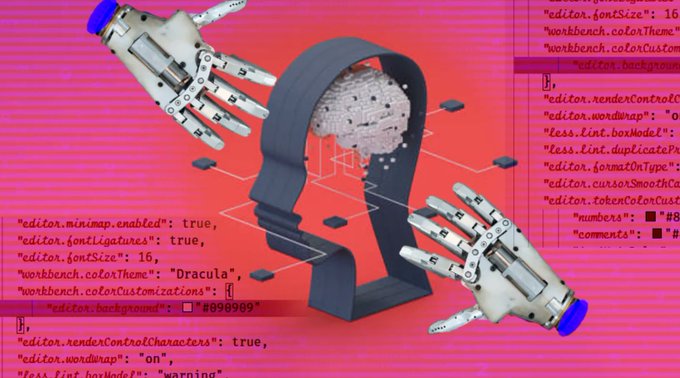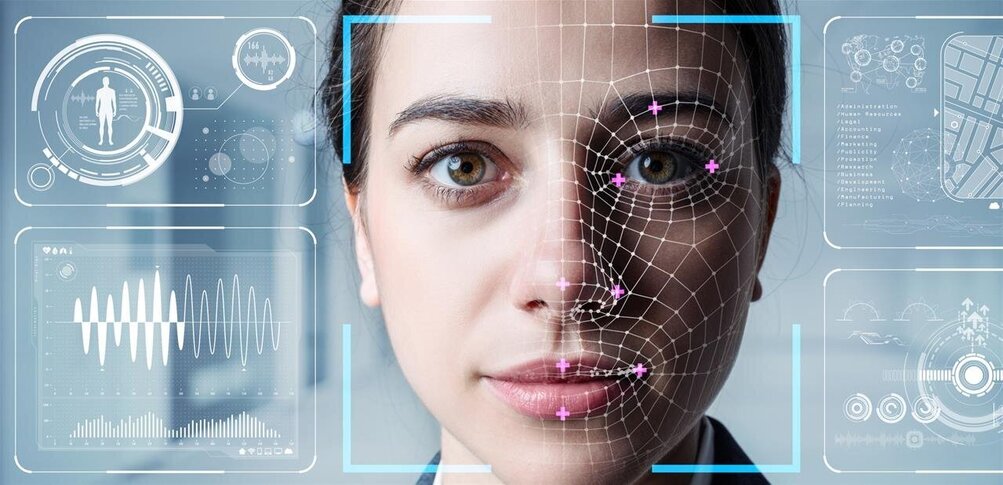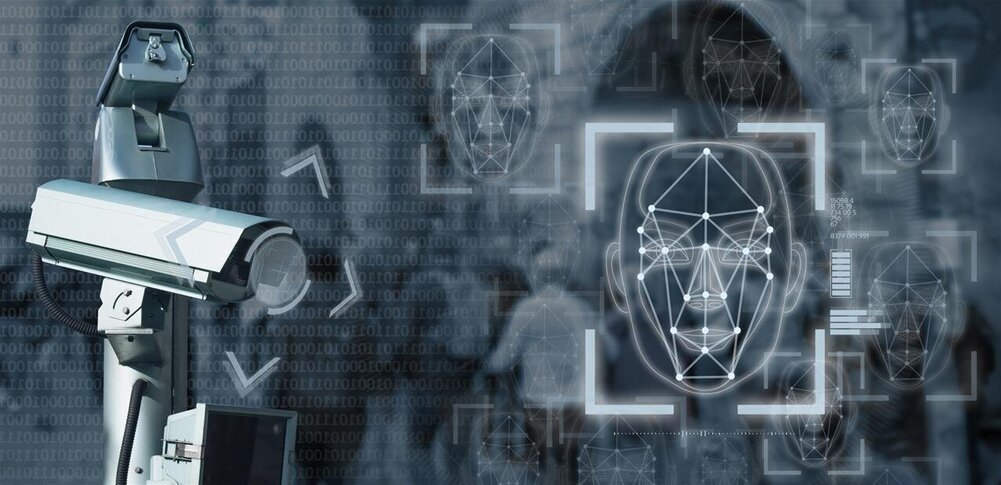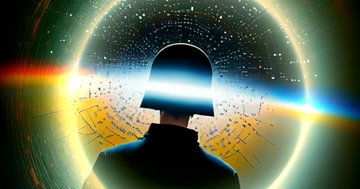A machine-learning algorithm assisted researchers in developing a powerful antibiotic that works against a wide range of diseases in 2020. AI is also being utilized to help with vaccine research, medicine design, material discovery, space technologies, and ship design. AI might be used in a variety of technologies during the next several years. This is posing one of the most serious threats to patent systems in history. Patent law is predicated on the notion that inventors are human; it currently struggles to deal with a machine inventor. Courts throughout the world are currently grappling with this issue since patent applications citing an AI system as the inventor have been filed in over 100 countries. Several organizations are holding public discussions on artificial intelligence and intellectual property (IP).
If courts and governments rule that AI-created ideas cannot be copyrighted, the consequences might be massive. When the return on investment is restricted, funders and corporations are less likely to undertake beneficial research utilizing AI innovators. Society may miss out on the creation of valuable and perhaps life-saving inventions. Rather than pushing traditional patent rules to adapt to new technologies, we suggest that national governments create customized intellectual property legislation — AI-IP — to safeguard AI-generated ideas. Nations should also draft an international convention to guarantee that these laws adhere to uniform principles and that any conflicts are quickly handled. Both processes must be informed by researchers.
Mots-clés : cybersécurité, sécurité informatique, protection des données, menaces cybernétiques, veille cyber, analyse de vulnérabilités, sécurité des réseaux, cyberattaques, conformité RGPD, NIS2, DORA, PCIDSS, DEVSECOPS, eSANTE, intelligence artificielle, IA en cybersécurité, apprentissage automatique, deep learning, algorithmes de sécurité, détection des anomalies, systèmes intelligents, automatisation de la sécurité, IA pour la prévention des cyberattaques.






